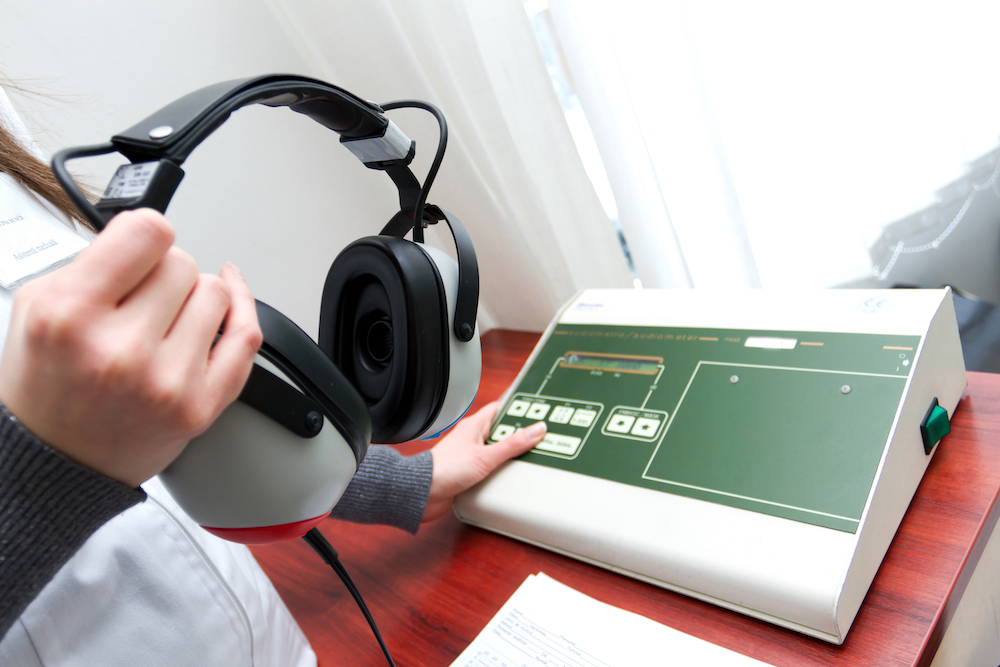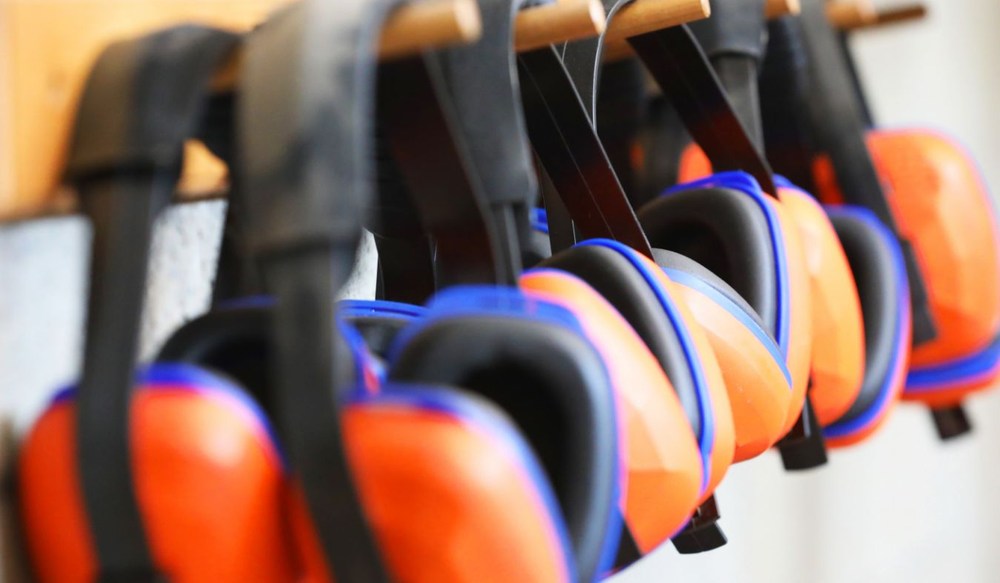The Role of Genetics in Hearing Loss
Our genes can affect how our hearing changes over time. While hearing loss
We’re Hiring! Click Here to Learn More About Our Career Opportunities →

Audiologists are medically trained professionals that help people with hearing loss. They work in the medical field specifically by diagnosing hearing loss, fitting hearing aids and providing other related care.
You can get a lot of information from a visit with an audiologist, so be sure to arrive prepared with a list of questions and any records that might relate to your condition, such as from a previous visit or from an appointment elsewhere. It is important that you make time to do research on what you might want to ask about before going in for your appointment because sometimes audiologist cannot answer all questions at once, but they will bring up more information when they can fit it into the conversation.
An audiologist is a healthcare professional who is specially trained to diagnose and treat hearing and balance problems. Audiologists can be certified through the American Board of Audiology, but they may also have a Doctorate in Audiology from a college or university.
Audiologists specialize in understanding how sound is received by the ear, translated by the brain and interpreted as sound. They work to identify any significant problems with hearing or balance that could be affecting one's quality of life or career opportunities. They may also perform tests on patients to make sure their equipment is working properly as well as prescribe devices for those who need them.
Audiologists are medical professionals who specialize in the study of hearing and balance. They work with people of all ages, from infants to the elderly, to diagnose and treat conditions that affect a person's hearing.
Audiologists work with patients on a variety of projects. In general, they will use a series of techniques to evaluate a patient's hearing ability and determine if there is an issue with any part of the auditory system.
Hearing loss can be caused by a number of things, and they range from the effect of aging and genetics to noise exposure and ear infections. Whatever the cause, it is important that we do something about it before we start experiencing any complications in our everyday lives. If this is something that you’re experiencing, it’s important to see your audiologist for advice.
The first thing you should do is to make a list of all the qualities that are important to you in a professional. Then see which professionals meet the qualifications at the top of your list. The next step is to narrow down your choices by going through lots of customer reviews from different websites. See what other people have been saying about these professionals' services and who has received more positive feedbacks from them so far. Just be sure that you go with someone that you think can help you.

Our genes can affect how our hearing changes over time. While hearing loss

Hearing protection might not be something most young adults think about,

Hearing loss usually starts gradually, making it hard to notice right